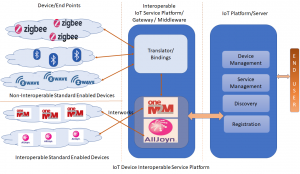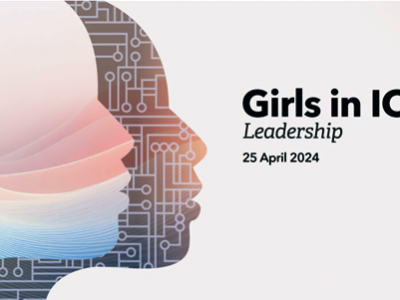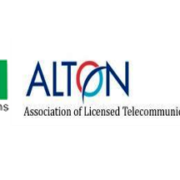Significant steps have been made towards the realisation of a standardised Internet of Things (IoT) ecosystem, during the global IoT standards initiative oneM2M’s 7th Interoperability event.
Global technology companies with a stake in the IoT joined a two-week virtual event of interoperability testing with oneM2M’s IoT standards, using a remote testing platform developed by ETSI[1] with the support of the EU-funded InDiCo project. Results from the event showed a 96% interoperability rate with oneM2M’s standard.
ETSI Technical Expert Laurent Velez said: “The event was a unique opportunity for companies to debug their products and check interoperability with other vendors. The event helped validate and enhance interoperability of products among the participating companies and this gives them the confidence to implement the standard and go to market”.
“The results confirm that oneM2M standards have matured to a level ready for further global implementation, which will deliver a truly interoperable IoT landscape. What makes the results even more impressive is the fact that many companies took part in the event and testing for the first time, so the success rate is a testament to the instant adoptability of the oneM2M standard,” Velez added.
The purpose of the event was to verify interoperability as defined in the oneM2M standards and to check end-to-end functionality on oneM2M interfaces, including Application Entities and Common Service Entities. The testing was based on the latest specifications of the oneM2M Releases 1, 2 and 3, and some advanced features of the upcoming Release 4.
Telecommunications Technology Association (TTA)’s Principal Researcher Keebum Kim said: “Crucial to the event’s success was the ability of participants to report any technical issues discovered during the testing stage, for any corrective actions to be made. oneM2M could also verify (and improve when required) the test specifications for conformance and interoperability. By correcting errors on the products in a controlled manner, early in the development, late, expensive fixes in the product cycle can be avoided – an obvious concern for any vendor.”
Two days of the event were held ‘face-to-face’ at the Global IoT Testing and Certification Centre in Pangyo, South Korea and were supported by Ministry of Science and ICT (South Korea). Interoperability events enable oneM2M to validate its standard; validation may reveal errors or ambiguities in the requirements which prevent correct implementation of the standard, which can lead to interoperability issues.
The event marked the first time such a high volume of tests have been conducted at an Interoperability event and included 235 interop tests and more than one thousand for conformance, covering Releases 2 and 3 of the oneM2M standard. Relevant results and observations will be reported to the oneM2M Working Group TDE in charge of testing activity to produce normative content to fix and improve the standard and the related tests specifications.
For more information about oneM2M, please visit www.onem2m.org. To find out more about InDiCo please visit https://www.indico-ictstandards.eu.






























